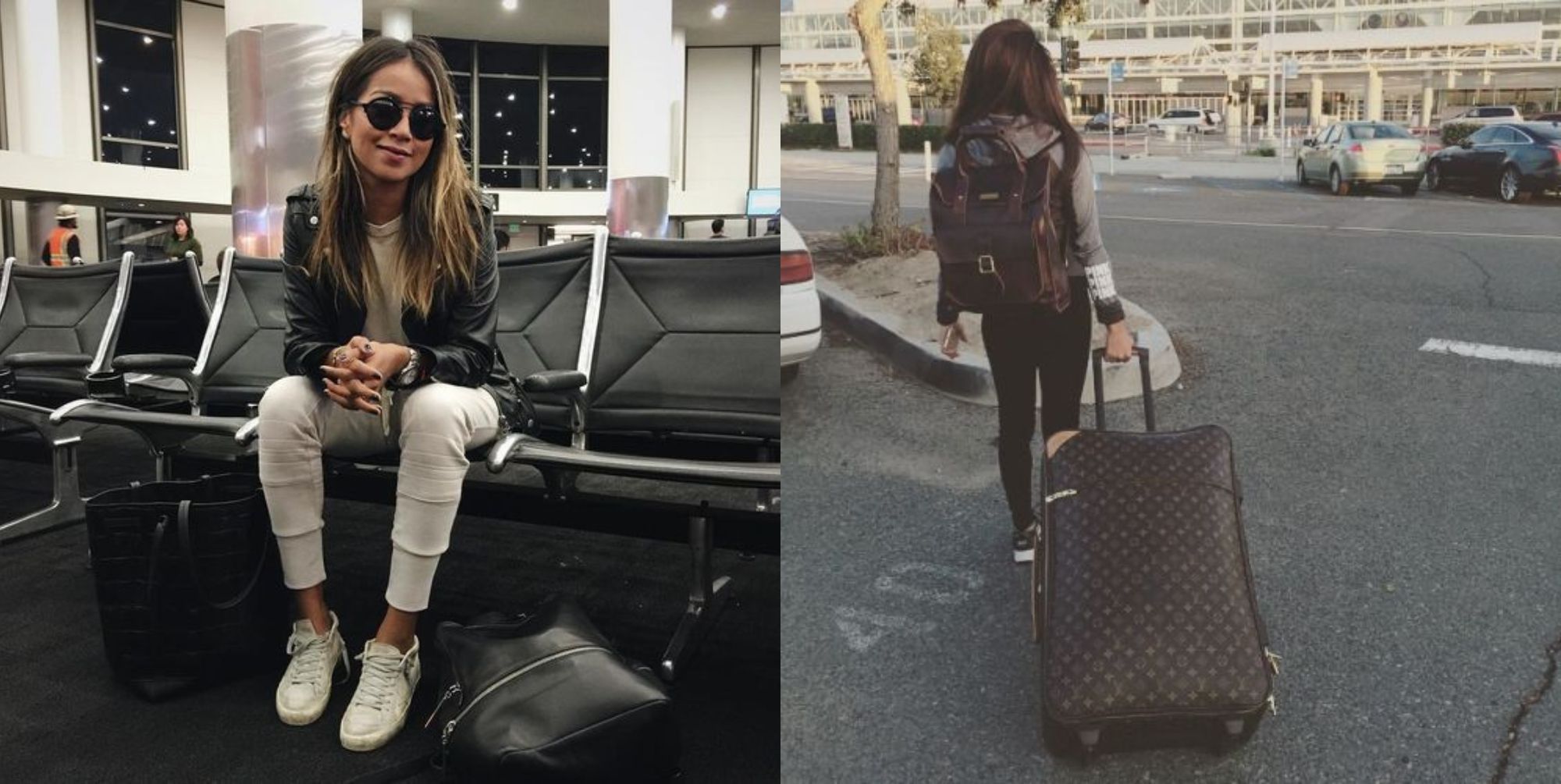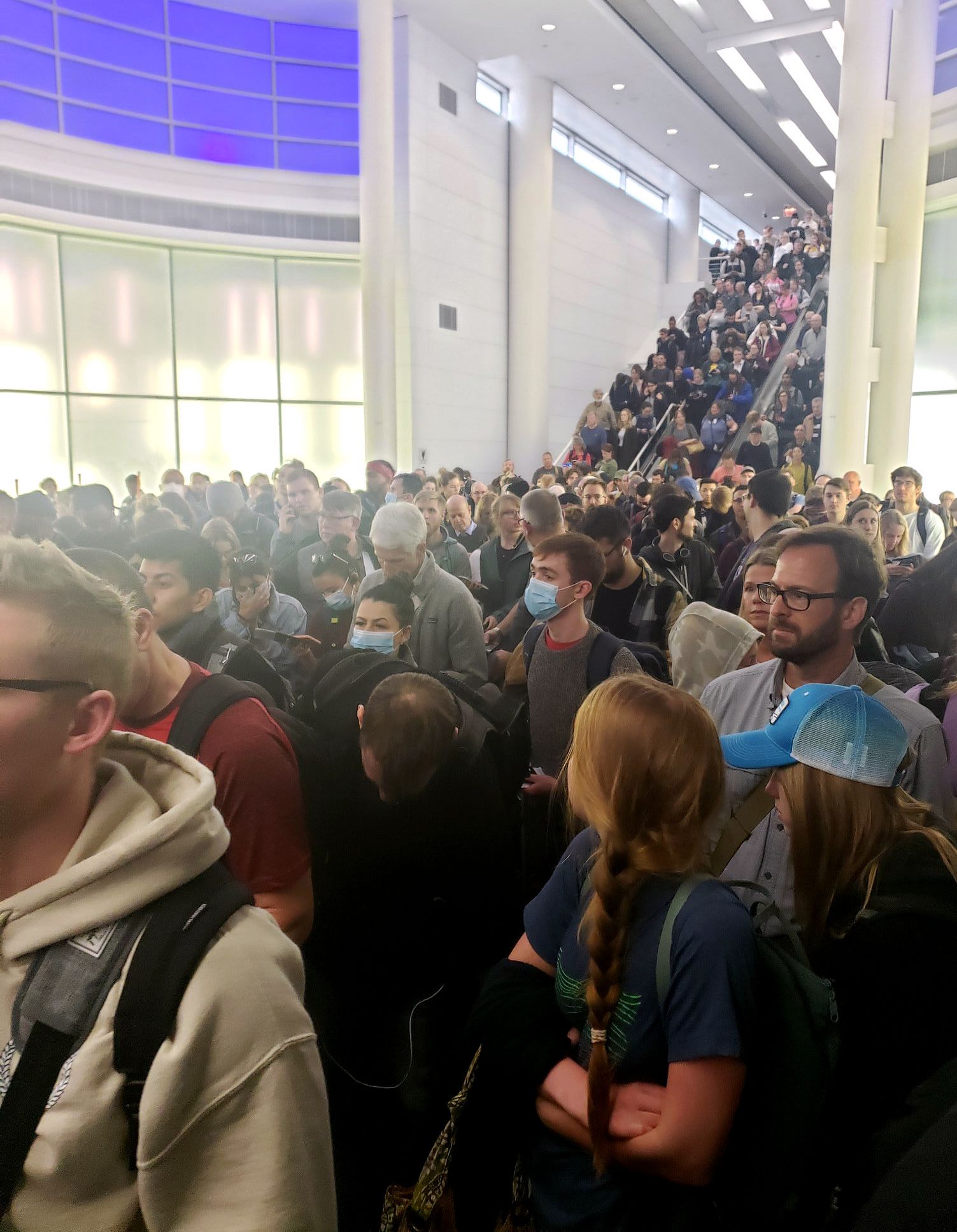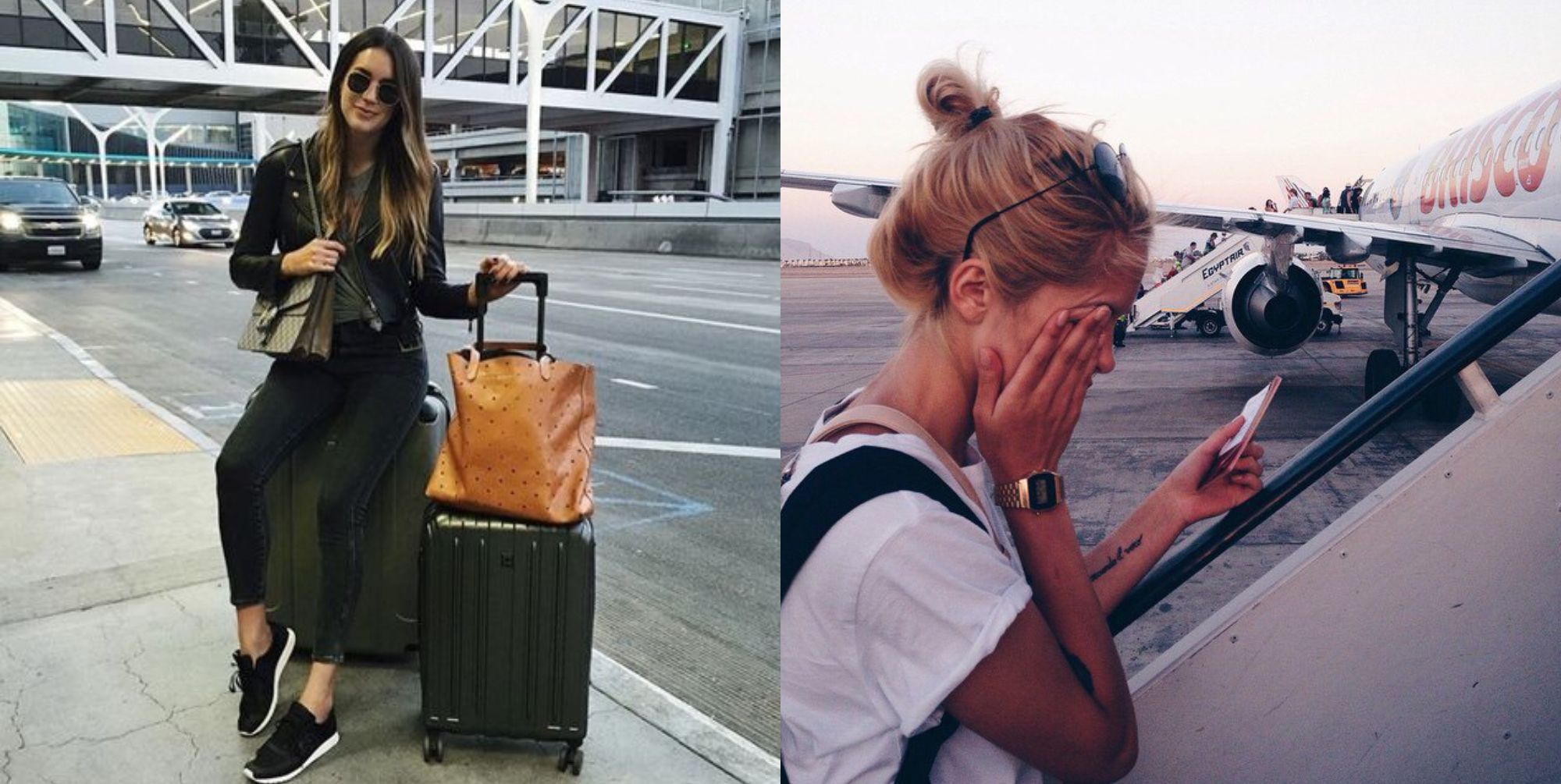Chances are, your social media feeds are full of people saying that they're in quarantine and asking for recommendations on what to watch on Netflix during this time. But the majority of people in North America aren't actually in quarantine. According to Uwhealth.org, you'll put yourself in self-quarantine if you have been around someone who has Covid-19. You will remain at your house, avoid travel, and also avoid public transportation and public spaces like restaurants. The publication says, as long as the quarantined person feels well, they may leave the home (in a private vehicle) for a limited time to take care of routine and necessary activities, such as grocery shopping or visiting the pharmacy. Try to avoid busy times of the day."
Most of us aren't in quarantine but are simply staying home to stop the spread of Covid-19. However, people who have traveled abroad and are now home have to be a bit more careful than that. If you've recently come back from traveling, you need to read this guide.
You Need To Self-Isolate For 14 Days
When Prime Minister of Canada Justin Trudeau gave an important speech on Monday, March 16th, he said, “We will be denying entry to Canada to people who are not Canadian citizens or permanent residents." He also mentioned that anyone coming back to Canada from abroad is required to self-isolate for 14 days.
But what does self-isolation actually require? It can be a scary thing to imagine as this is a new thing for people. According to The Globe and Mail, there are many things that travelers coming back from abroad have to keep in mind. For one thing, you need to stay away from people who suffer from health conditions that are ongoing or who have weak immune systems. You also shouldn't be around the elderly.
Should you be around your family members or roommates if you have them? It's not a good idea to get too close. The Globe and Mail say you should be "keeping any unavoidable interaction with other people brief" and that you need to wear a mask and be two meters away from them.
If You Have Symptoms, Read This
The Government of Canada website also explains what to do if you have symptoms. These would be "fever, cough, or difficultly breathing."
The resource says that you will phone "a health care professional or public health authority" and tell them what you're feeling and where you have traveled recently. After that, they will give you advice on which next steps to take, and you definitely have to listen.
RELATED: 12 Coronavirus Myths Travelers Believe (That Just Aren’t True)
Make Sure To Look After Yourself
Part of self-isolation is doing your part not to spread the coronavirus, which everyone has been advised to do whether or not they have symptoms. This includes washing your hands as frequently as possible. This would be for 20 seconds at least. You also don't want to sneeze or cough into the air or close to anyone who you live with as you should be sneezing into your arm.
The Globe and Mail have some other tips for being in self-isolation. You should keep "personal items" to yourself as now isn't the time to share them with anyone who you live with. The recommendation is also to use disinfectant products on anything that you've been in contact with in your home. You also have to be careful not to touch your face.
What about getting food? Independent.co.uk recommends using the Internet or phone to buy medications and food. The publication says, "The delivery instruction must state that the items are to be left outside, or in the porch, or as appropriate for your home."
It's a nerve-racking time for all of us and it makes sense if you're anxious about being in self-isolation, but it's important to look after yourself during this time. The Ottawa Public Health website recommends, "Stay healthy by eating well, drinking lots of fluids, staying active (if well), and trying to get enough rest and sleep." The website also says something that is important to keep in mind: "A healthy immune system is better equipped to fight an infection."
With no one quite sure how long Covid-19 is going to last, it's a good idea to know what to do if you were traveling and just recently returned to the town or city that you live in. Anyone who has left the country in recent weeks needs this guide, as there are some things that you need to know about self-isolation and taking care of yourself during this time.
NEXT: These 10 Cruise Lines Are Not Worth The Price Tag (And It’s Not Because Of The Coronavirus)





